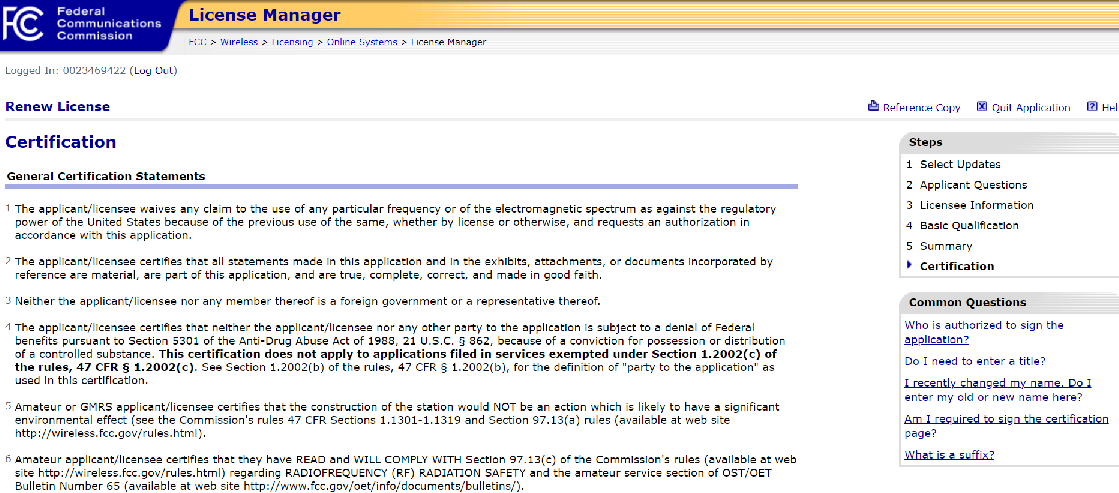Hede.io Entry: Nuclear Fission
Nuclear fission can be either a nuclear reaction or a radioactive decay process. In either case a heavy atomic nucleus is split into smaller parts (lighter nuclei) causing a release of excess energy along with gamma radiation and free neutrons. For radioactive decay a nucleus spontaneously splits. In a nuclear reaction fission occurs when the atomic nucleus is impacted with another particle, usually a neutron. Nuclear fission reactions have been harnessed for both the atomic bomb and atomic power.
In order for fission to produce excess energy the total binding energy of the resulting elements after the fission process must be more negative than the starting element that was split. Because of this most elements can undergo fission reactions except for certain isotopes of iron and nickel which require more energy to undergo fission than the reaction would release.
Austrian physicist Otto Robert Frisch coined the term "nuclear fission" as a comparison to biological fission. Both biological fission of living cells and nuclear fission are exothermic and release large amounts of kinetic energy and electromagnetic radiation.

Photo Source: vectorstock.com

Posted on HEDE - A place for sharing knowledge in a friendly way



Comments